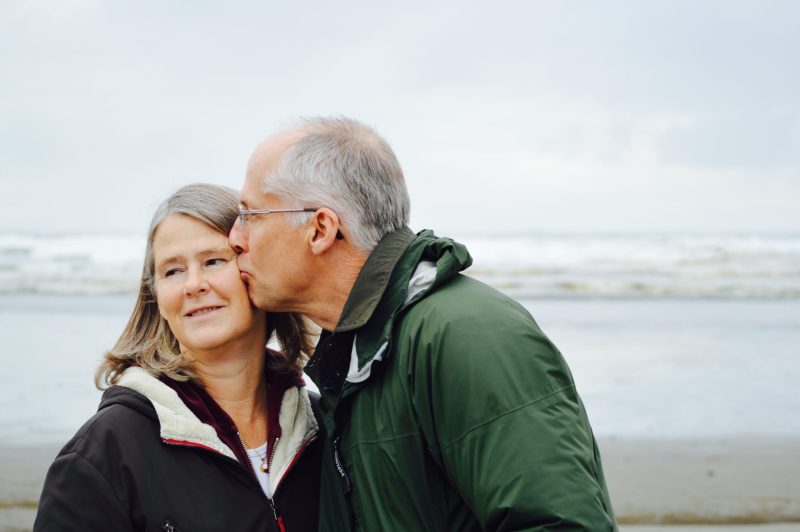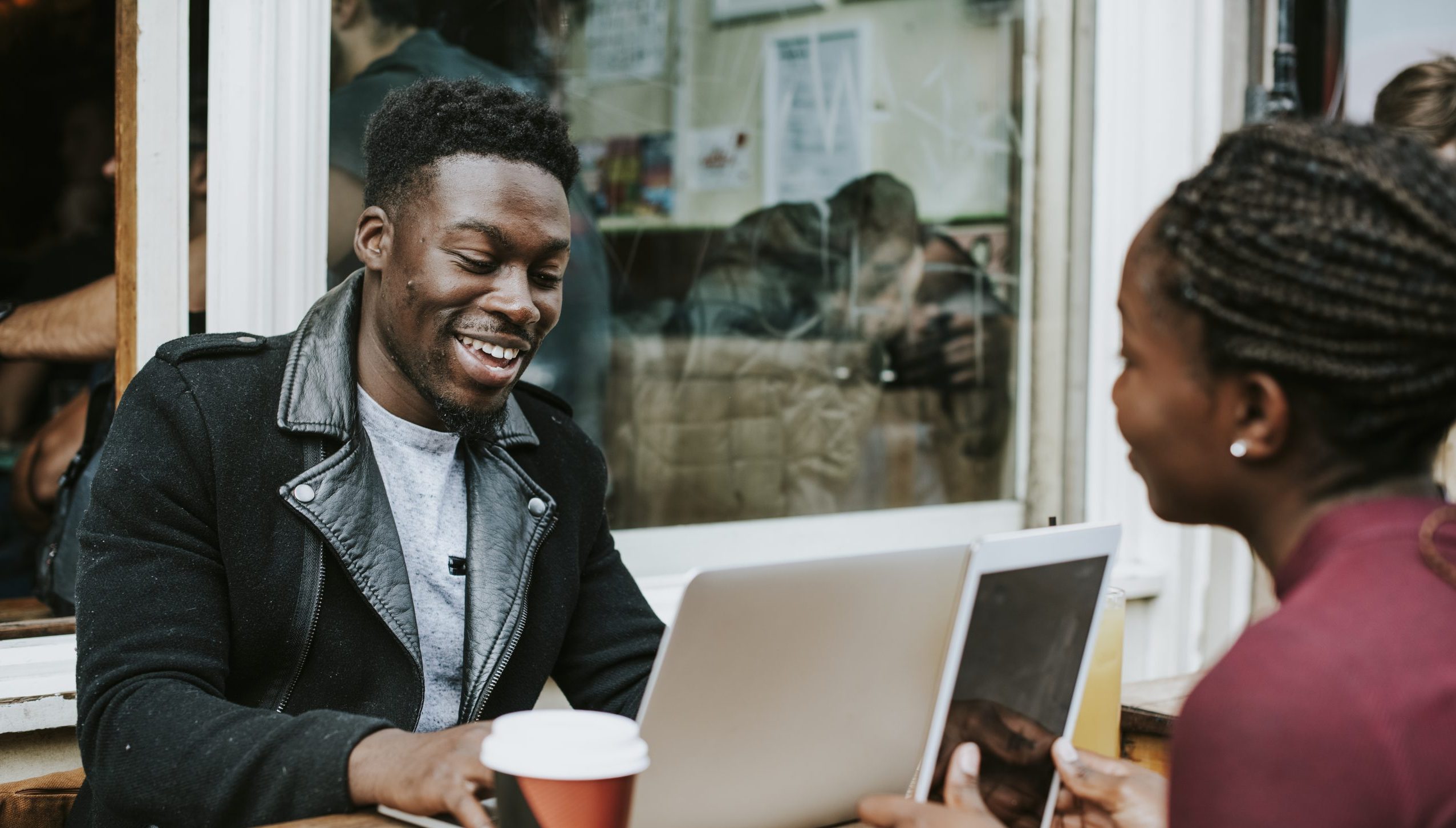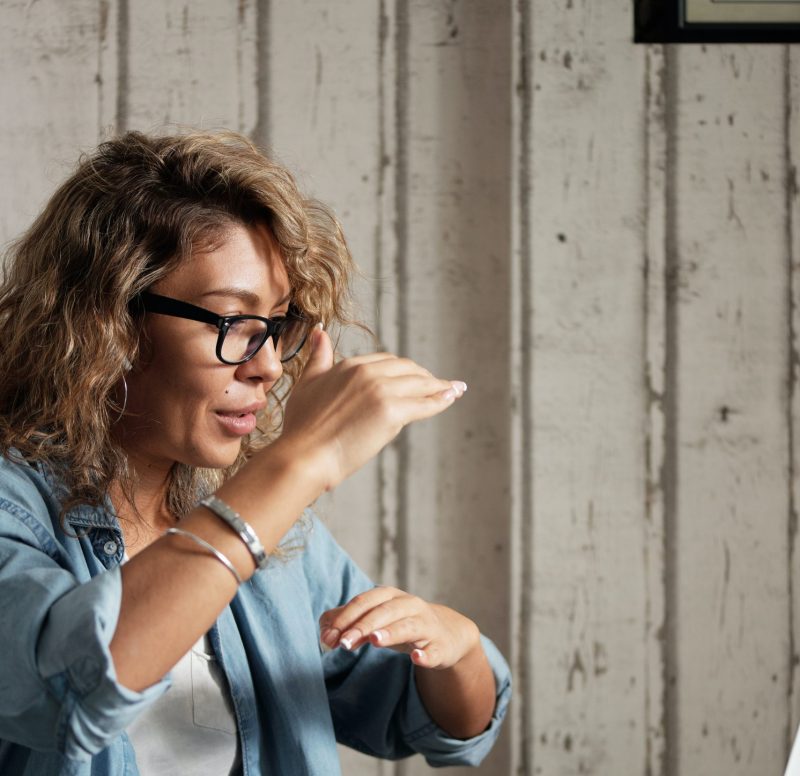
Free Counselling
Currently available to residents in Bury, Bolton, Wigan and Salford

You’ve decided to have counselling, you’re committing to your sessions, but how can you make sure it works for you?
We’re here to tackle that as part of our November “How To” blog series, designed to provide advice and guidance on key things we’ll all likely face at some point or another. What better way to start than to try to help you get the most from your counselling?
Below we’ve listed our top tips on how to get the most from your sessions to make sure that it’s as useful as it can be, you feel supported and you can address what you started attending counselling for in the first place.
So you’re having a counselling session, you have a reason to be there and everyone’s is different. What’s yours?
If you know why you want counselling, then you probably have an aim, a goal or something in mind that you’d like to get out of it. This can be really helpful to talk through with your counsellor and allows you both to work towards achieving these things.
But… what if you don’t know? We’re also big believers of coming to counselling to check in with yourself, or if you know you need support but aren’t quite sure why yet. That’s okay, that in itself is a reason and your goal becomes talking things through to figure out why you’re unhappy, unsettled or need some extra support.
If you’re in counselling, it’s because you need to speak to somebody impartial about what’s going on in your mind and in your life. But this person isn’t in your mind and your life, so they need you to be honest with them about how you’re feeling and what’s going on, or they can’t get a full picture and start to help you work things out. Counselling is where you have to take down the walls you put up, or the mask you might wear with others to be completely yourself.
We know it can be scary to be that vulnerable and being that honest can understandably feel exposing. But that is what your counsellor is there for. The idea that they’ll judge you is a myth and the more honest you are with them, the more productive your sessions will be.
So try to keep an eye out for when you’re maybe avoiding certain topics, skipping out bits of information, become uncomfortable when asked a question, actively decide you’re not going to tell your counsellor something or even lie directly to your counsellor.
If you find yourself doing any of these things, ask yourself why you aren’t telling the full truth, ask yourself what you’re scared of, then discuss it with your counsellor and go from there.
Counselling works best when it goes beyond the counselling room, when the work, your work on yourself and your life doesn’t stop just because the session does.
Your counsellor may set you things to work on outside of the session, but if they don’t you can always plan things yourself. These things should be relevant to the work you’re doing in the sessions and are designed to make changes slowly into your daily life away from the sessions.
For example, if you’re experiencing anxiety, maybe you spend a few weeks working on what triggers you and limiting those things where possible. Maybe you’re not taking care of yourself as much as you want to so you commit to getting more sleep, exercising once a week or learning to cook yourself a new meal. Maybe you’ve been dreading a difficult conversation with a partner but this week you make a start by writing down some things you might want to say.
It could be anything! The point is you get more from counselling because the session is providing you with sustainable work beyond the counselling room (or Zoom room!) and you’ll have things to touch base on with your counsellor next time you see them.
It is really tempting to come to counselling and talk about everyone else in your life.
When we are given a space 100% for us to be honest and vent, this can sometimes turn into a session that is less about us but is more about somebody at work, or a family member, or a partner or a friend. The session becomes about them, what they did and their lives, but… it’s not their session, it’s supposed to be yours.
Don’t get us wrong, you are unlikely to find any counselling session where other people are not discussed! This can be really important and is inevitable if you’re in counselling over a relationship issue, a break up or a family problem. It is also inevitable and can be useful for issues of trauma, abuse or when somebody else’s actions are affecting your life.
However, the counsellor can’t speak to these other people or work with them, they’re here for you. So to get the most out of your sessions, tell your stories and don’t be afraid to talk about others in your life, but check in with yourself to make sure it’s still about you.
In the same way it’s tempting to just talk about others in counselling, it’s really easy to slip into a session just talking about your day. And this is okay… if that’s what you want counselling for.
However, a lot of people are looking to discuss things from the past, important changes occurring in the present or plans for the future. If this is what you want from counselling (comes back to knowing why you’re there) then you have to make sure you are using the session to discuss what’s really going on and not just giving your counsellor a play by play of your day.
Admittedly, there are some instances where this is important. Maybe as a starter for ten to break the ice, a quick catch up between counsellor and client to ease into the more central topics of the session or a way for the counsellor to get to know you in the early stages.
It can also be helpful if something big has happened that day – for example a big change in your life you may or may not have been expecting, an interaction that was upsetting or went wrong, or maybe you just had a very stressful day and you need the session for that – that’s ok!
But to get the most out of your sessions, think about how you’re using the time and make sure that if you’re spending quite a lot of it talking about your day, that it’s intentional and helps you in some way. If not… skip to why you’re there and crack on.
We believe counselling can help anyone, but you have to be prepared to put in the work and give it time, you also have to be prepared to work with the process, rather than against it.
It is likely in counselling, a bit like when you start exercising or eating healthier… you feel a bit worse before you feel better. If you’re talking about difficult things, it’s likely to bring up emotions that may not feel so great at first but actually that’s a good sign, it means you’ll be reaching a point you can process these feelings and start to feel a bit better.
We encourage you not to give up if things feel difficult. Counselling is not a linear process and you might go all round the houses (your emotional houses) before you start to feel the difference.
You might also feel frustrated. Maybe you’re not getting results “quick enough”, maybe you start to feel like it’s “pointless”? If this is the case, work with it by talking to your counsellor and be honest with them so they can help you to make changes to the sessions if necessary.
In the end, if you’re doing all of the above and conscious of what you want to achieve but still don’t feel like you’re getting what you need from your sessions, you can consider making some changes. Maybe you need a different counsellor? Any counsellor will tell you that the fit has to be right and sometimes people just click better with different counsellors.
You can also reconsider the type of counselling you want. There are so many approaches out there and some counsellors specialise in one or two, some do much more. You can find out more about the different types of therapy here.
Lastly, check in with yourself if now is the right time for you to have counselling. Are you ready to talk about things? Are you ready to be honest with yourself, let alone share that with someone else? Have you got the time and resources to commit to this? Do you want counselling?
Counselling can address a huge range of issues and for quite a lot of people, it really makes a difference to their lives in the short and long-term – make sure it’s working for you.

Currently available to residents in Bury, Bolton, Wigan and Salford

See if you're ready for counselling.

Busting 10 Myths & What to Expect